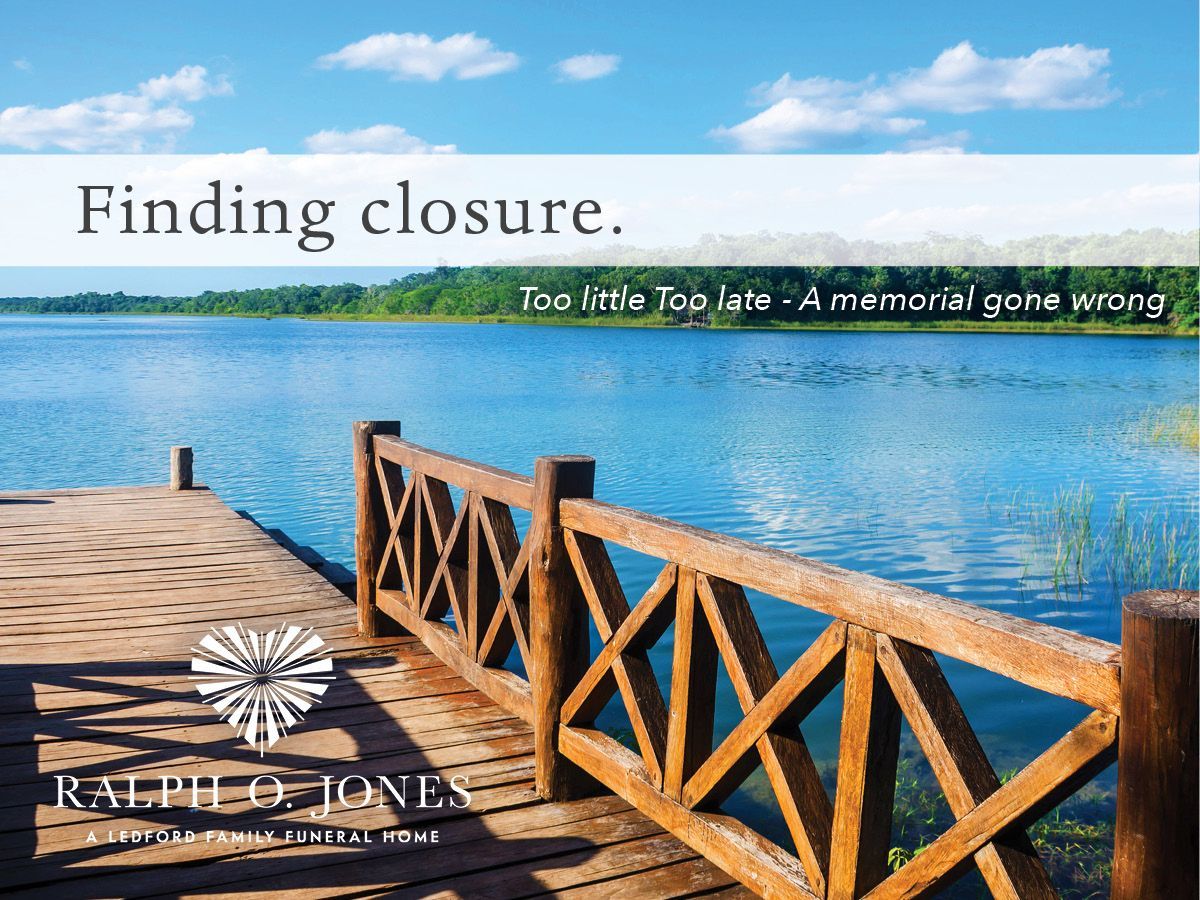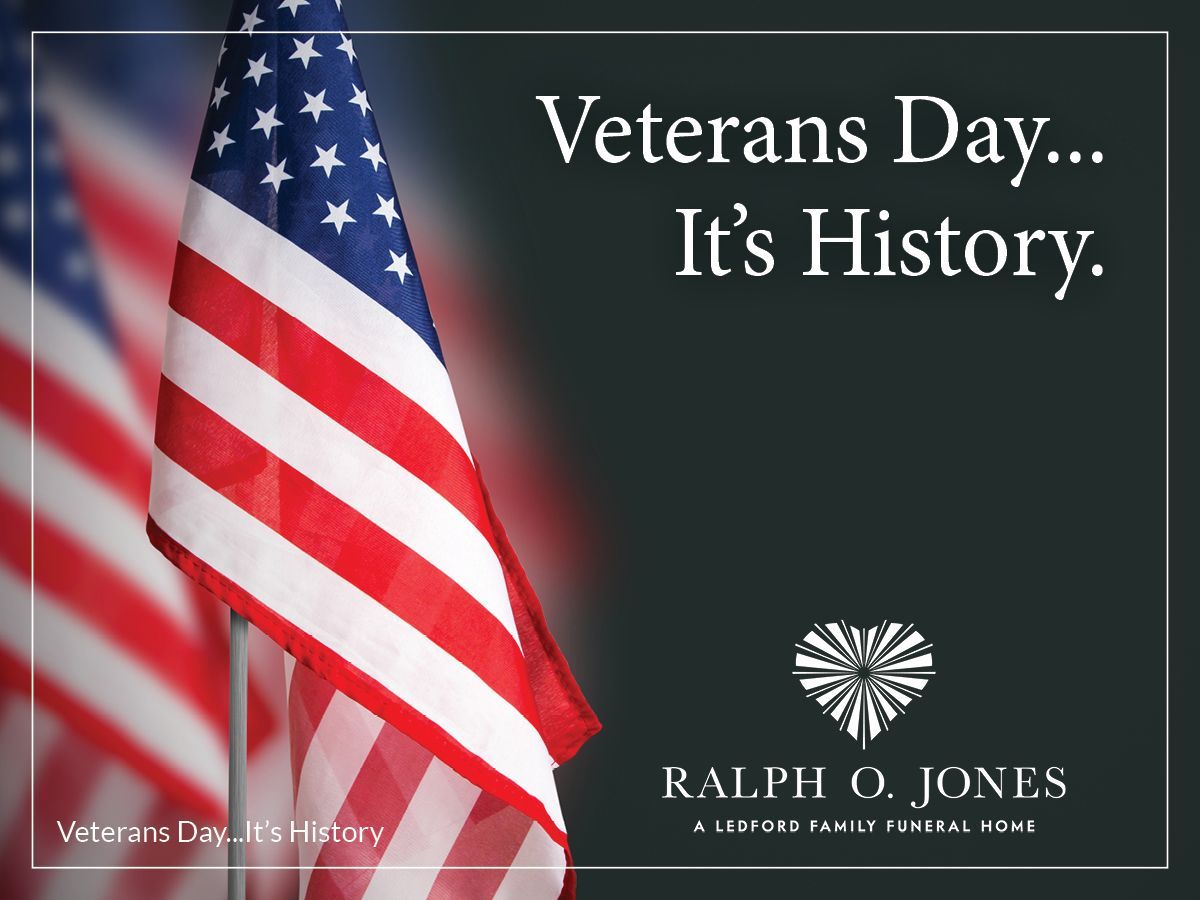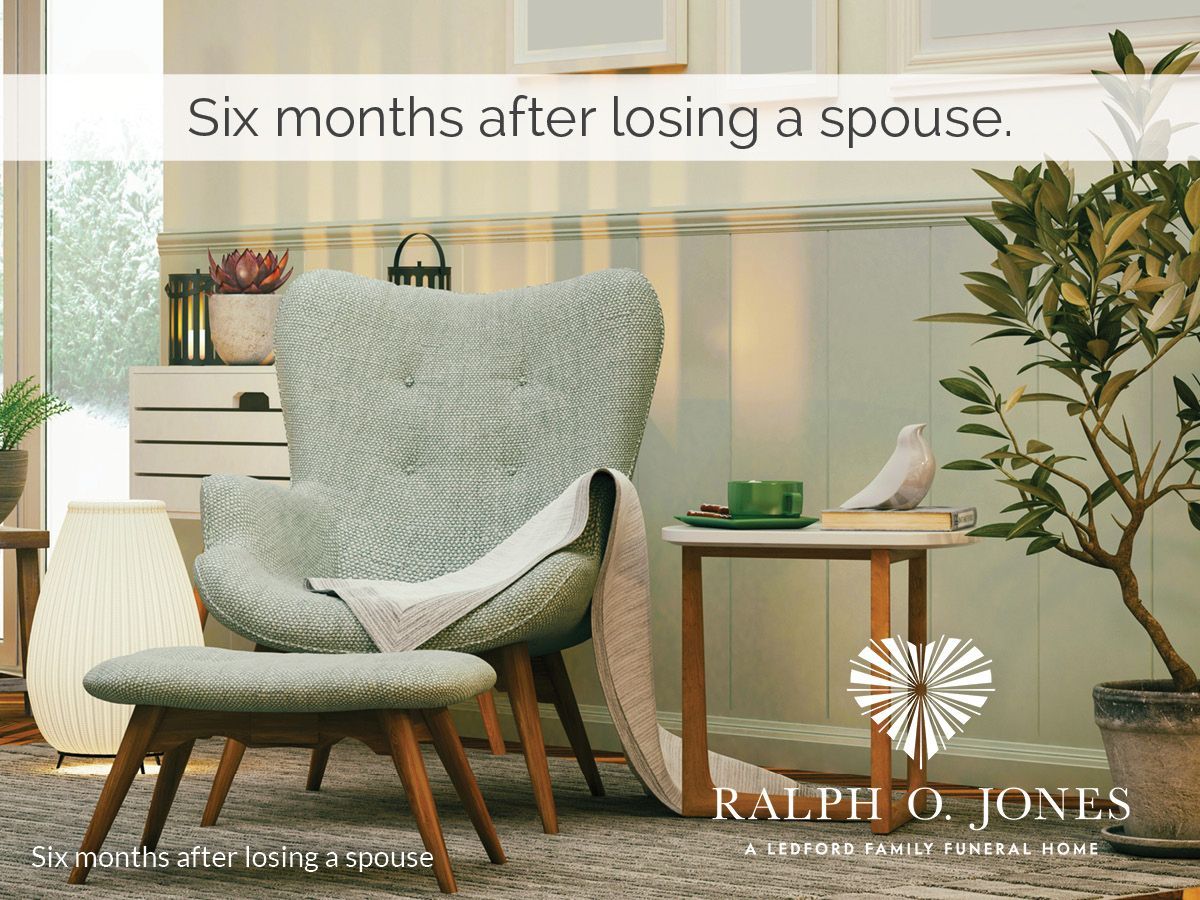What to Do When Someone Dies: What Types of Service Can We Have?
What to Do When Someone Dies: What Types of Service Can We Have?
There are many questions to consider when a loved one passes away, but one of the first steps in the funeral planning process is figuring out what types of services you’ll have. But before you can choose your ceremonies, you need to know what they are. Let’s take a look at your many options for celebrating and honoring your loved one.
What types of funeral services can we have?
One of the most common types of funeral service, a traditional funeral, often begins at a funeral home. Your loved one will have been taken care of by the funeral home staff while you work with the funeral director to ensure that the service is befitting of your loved one. On the day of the funeral, family, friends, and other members of the community gather to offer their condolences to the loved one’s surviving family. From there, the funeral celebrant, who may be a religious figure, leads the ceremony. Often, a close friend or family member will give a eulogy, and sometimes, more speeches may be made. The funeral celebrant may lead the funeral-goers in prayer, or certain songs may be sung in honor of the decedent.
A traditional funeral can also occur at a church, synagogue, or other religious location, especially if the decedent was devout in life or if the funeral home does not have a chapel large enough to hold the expected number of funeral-goers. A traditional funeral in a religious building often contains more of a religious service, such as a pastor leading the congregation in prayers or hymns or employing additional customs tied to that specific faith.
Most often, a casket or urn will be present at a traditional funeral containing the loved one. Depending on the family’s wishes, a casket can be open or closed. When a loved one’s final disposition is cremation, the family may choose to hold the cremation either before or after the funeral. Having the decedent cremated after the funeral allows for them to be present for the ceremony, giving family and friends the chance to see them one final time before cremation. Once the ceremony has concluded, a hearse can transport the casket or urn to a gravesite for burial.
If the loved one is to be buried, funeral-goers may follow the hearse in a funeral procession to the gravesite. Before the casket or urn is buried or interred, the funeral celebrant may lead another service known as the committal service, as your loved one will be committed back to the earth. Some families prefer to forgo the traditional funeral and simply have a committal service, which is often very short and less elaborate than a traditional funeral. In this case, family and friends will gather directly at the cemetery, where a funeral celebrant will say a few words, lead a prayer, or read a poem, depending on the family's wishes.
Some families decide to forgo a larger service in favor of a direct burial or direct cremation. With a direct burial, the immediate family is usually present to say their final farewells to their loved one, while additional funeral-goers are not invited to attend. With direct cremation, the family may have a cremation viewing, but ultimately there’s no formal service. Most often, the ashes will be returned to the family, who will decide their final resting place.
What additional services can we have?
In addition to a funeral service, some families opt to host other services that give close friends and family, as well as the greater community, a chance to mourn together. For instance, some families will host a memorial service or celebration of life in addition to a traditional funeral, coming together again once their loved one is in their final resting place. Or they may hold a scattering ceremony if their loved one was cremated. With a scattering ceremony, friends and family join together to watch as their loved one’s cremated remains are spread in a meaningful place, such as at sea or a national park.
But other services can also come before a funeral. A visitation is for families to receive support and condolences from their community. These services are most often held in a funeral home. Generally, the decedent is not present. If they are present, their casket is usually closed. Visitations typically occur in the days leading up to the funeral, where the family will receive guests wishing to pay their respects.
Another service that can come before a funeral is a viewing. For this event, the decedent is present, as the idea is for people to get a chance to say personal goodbyes to their loved one. Viewings are mainly for people who knew the decedent personally, whereas the funeral is a chance for the greater community to say goodbye. Because viewings are meant to be a time to say farewell, they are most often open-casket.
You have many options to celebrate your loved one’s life and honor their memory when they pass, so much so that you may be overwhelmed by your choices. But working with a funeral home ensures you’ll receive guidance on choosing the right ceremonies for your family and your loved one. Funeral home staff are filled with expertise from their years of service supporting families through one of their most difficult times. And they’ll be honored to help you plan a service that’s befitting of your loved one.












